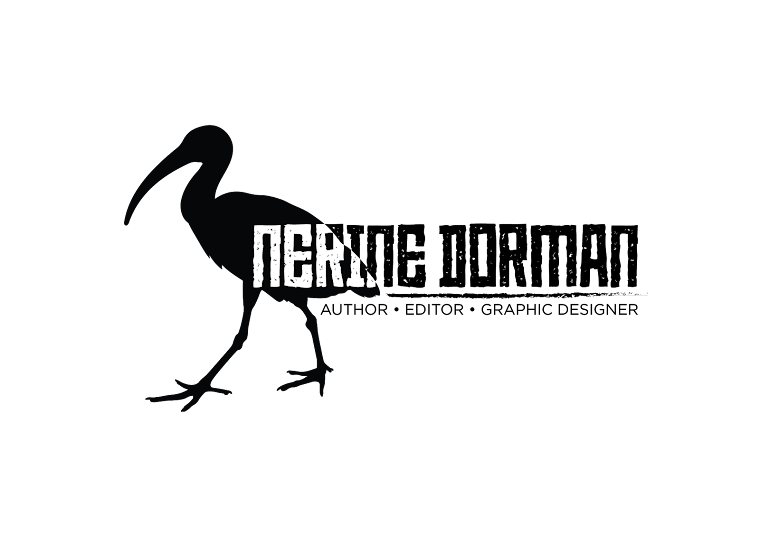How many South Africans of my generation remember visiting a lion park or reserve where one had the opportunity of bottle feeding lion cubs? I do. Like many visitors, we were fed the lie that South Africa was breeding lions for "conservation purposes". Sadly, this was far from the truth. Oh, South Africa had thousands of lions, but what these lion parks or farms were not telling us, was that these hand-reared lions were not being sent to go live out their lives in some glorious bushveld. No, they were being shot by wealthy foreigners supporting our country's barbaric canned lion hunting industry.
This is just one of the topics James Clarke touches on in his book Overkill, which makes for some pretty gripping (and horrifying) reading for anyone who's interested in finding out more about how the African continent's megafauna is faring. If you're wondering who Clarke is, he's one of the founders of the wildlife NGO the Endangered Wildlife Trust, whom I'm sure you'd have heard about if you're conservation minded.
Clarke takes you on a journey of understanding the complexities of mankind's relationship with wildlife, and how its colonial past has also contributed greatly to the way the continent's natural resources are exploited today. Whether it's the lion, elephant, rhino or whale, or just generally humankind's attitude to the wild, it's something that needs to be discussed.
He lays a large portion of the blame for the current extermination of species at the feet of the Chinese government, and the continued trade in goods such as ivory as well as the misconceptions that rhino horn and yes, even crushed lion bones, serve some sort of medicinal purpose. Clarke doesn't shy away from pointing out that broad-sweeping corruption all the way up to government is responsible for the continued pillaging of natural resources.
Perhaps what he doesn't state overtly (and I don't know if this is intentional) is that mankind's increasing population – with its resultant pressure placed on the environment – is perhaps also a factor that needs to be taken into account. We simply cannot continue reproducing at the rate we are. (All right, but that's basically my take on it.)
While Clarke doesn't come out against responsible hunting – he acknowledges that proper management of natural resources does have benefits in the long run – I do echo his sentiment that it would be better if mankind could eventually curb this lust to hunt game. The overall picture he paints about the state of conservation in Africa in general, is quite grim, but it's not without its glimmers of hope. For Africa's wildlife to survive, we need to bring together international communities to recognise the importance of the continent's wildlife for all.
Clarke writes clearly, and with great passion, and I heartily recommend this book to anyone who has an interest in the environment and its conservation. He touches on a broad range of issues in a manner that is handled sensitively, and it is my belief that this is an important work that attempts to examine the complexities of issues in a nuanced fashion.


No comments:
Post a Comment